Understanding Your Child as a Whole Person
There have been a few times recently when I have not heard my toddler, N, when he is speaking to me. N is incredibly verbal lately, and like most 2.5 year olds, he babbles and repeats himself a lot, so on some level, I’m simply not expecting him to address me in conversation. My husband has called me out on this, and I am pretty ashamed of it. The last thing I want is to give N the impression that his thoughts and ideas are not valued or interesting to me.
The reason I need to listen when my son speaks, even if he is only telling me, again, that he had a banana for breakfast, is that my son is a person: a unique individual who deserves attention and respect. He always has been a person, even before he could talk. The personhood of children, though, isn’t something we typically think about. The principle, though, was so important to Charlotte Mason that she began her educational philosophy with ‘Children are born persons‘. This is such an important idea to grasp, that I want to begin my series on Charlotte Mason and the Early Years exploring it.
What does it mean
By saying that children are persons, Miss Mason meant more than that they are human. Obviously, babies aren’t cats, dogs, or anything besides human. She meant that babies are individuals. They aren’t an extension of ourselves, little mini-me’s, or immobile blobs who will eventually become coherent beings. They aren’t empty vessels who need us to fill them with knowledge. Our role is to support, encourage and occasionally challenge them as they make their own discoveries.
Miss Mason argues her point by showing that even babies ‘show evidence of mind and of mind astonishingly alert’ (Towards a Philosophy of Education, p. 35) (affiliate link). Babies and young children are curious, motivated scientists. They spend every waking moment soaking in information about the world around them, what it is like and the way it works. It doesn’t take much time watching a baby or a small child to realize this. In fact, healthy babies will learn to roll, crawl, sit up and walk without any interference from an adult. They are intrinsically compelled to keep learning, to keep trying, to keep pushing themselves to gain knowledge and skills.
Our children are born with personality. They are precisely like you and me in that sense. Of course they can’t communicate as well, they lead simpler lives, as they should, and they obviously have a lot to learn and experience, but they are thoughtful, aware, and of immeasurable worth.
Why does it matter?
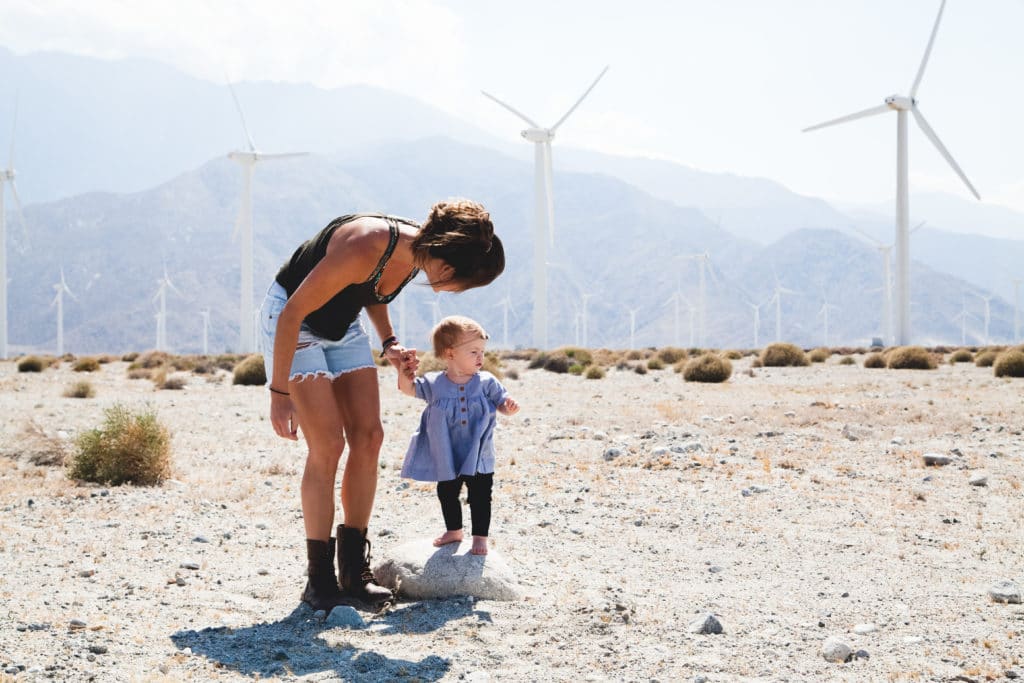
The idea of ‘children as persons’ is pretty philosophical, but it is important for at least a few practical reasons:
- Our children deserve more than our condescension. How horrible is it to meet someone who acts like he is smarter than you. I hate being patronized. I feel disrespected and undervalued, yet I still wish I could prove myself. If our children are persons, then we have to drop the ‘mother knows best’ attitude. We can’t look down on our kids. They may not be our equals in intellect – yet – but they are our equals in humanity and are worthy of respect.
- Children will grow and learn because of their nature. As Brandi Vencel says over at Afterthoughts, the principle that children are persons ‘shifts the responsibility of learning from teacher to student… [A Charlotte Mason education] does not require great feats of teaching. It does not require me to constantly try and attract my children’s attention through entertaining means. I don’t need to read silly books that are purported to appeal to children. I don’t need to talk down to them.’
Why does personhood matter? Why is it relevant to parents of toddlers and preschoolers? When we see our children as persons, really see them, we take them seriously. We tune into their wants, needs and interests. Miss Mason says to teachers that ‘a child comes into their hands with a mind of amazing potentialities’ (Towards a Philosophy of Education, p. 38) (affiliate link). We must approach that mind with humility, aware that we could impede upon that potential if we aren’t careful.
How does it apply?
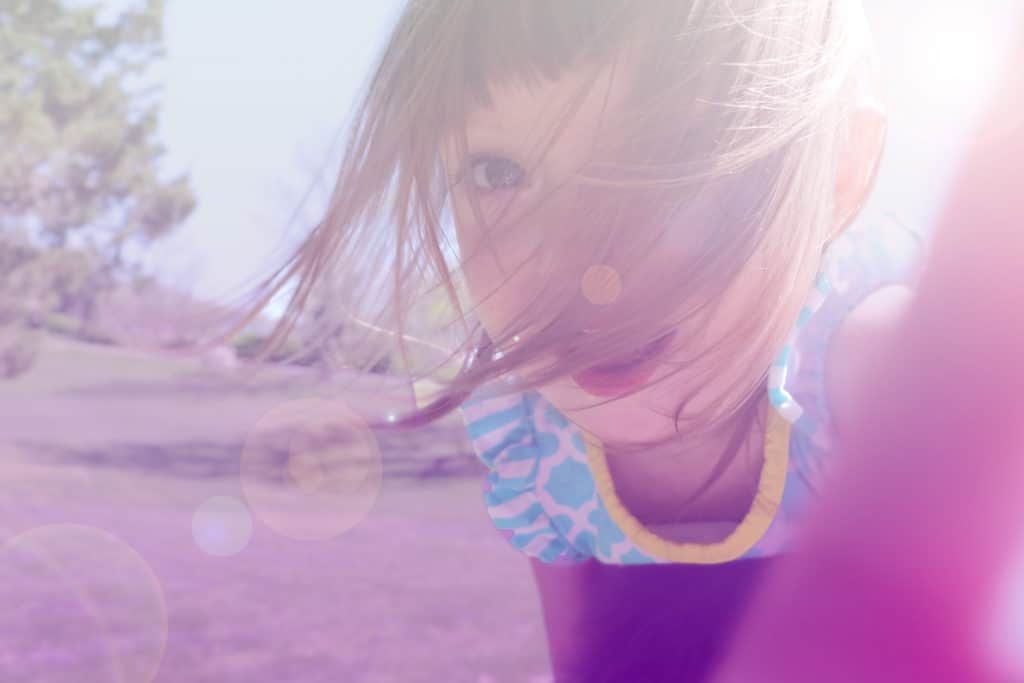
Children are persons and it matters. How do we put this into action?
Firstly, we need to respect our children by taking their interests, ideas, wants, needs and feelings seriously. The RIE (Resources for Infant Educarers) philosophy starts from the exact same premise as Charlotte Mason’s first principle: babies are whole people. I would recommend Janet Lansbury’s blog or books as a good place to start with respectful parenting.
Secondly, as Sonya Shafer says, we let our children grow at their own pace. Because our children are unique individuals, we don’t expect them to conform to a mold. They will have strengths and weaknesses, tendencies, likes and dislikes. Especially in the early years, our children need us to be more concerned with where they are at the moment, than with a chart of developmental and educational milestones. We must stop trying to force our preschoolers’ learning, and instead meet them where their curiosity is naturally focused.
Finally, we offer our children excellent resources for their growing minds. I would say this is one of the more well-known tenets of Charlotte Mason’s philosophy. Children need excellent literature, non-fiction written by passionate experts, and experience in stimulating natural environments. I’ll be coming back to this idea in a future post.
What does your child do that reminds you they are just as much of a person as you are? How does this influence the way you raise your children and your approach to education?
This post is part of my Charlotte Mason and the Early Years series.
Want to find your feet with the Charlotte Mason Way?

Grab my eight day mini course on the Charlotte Mason Essentials when you subscribe to my newsletter. You’ll get daily emails, a mini podcast series, and a printable workbook with reading assignments and action steps. You’ll be on your Charlotte Mason journey in no time!



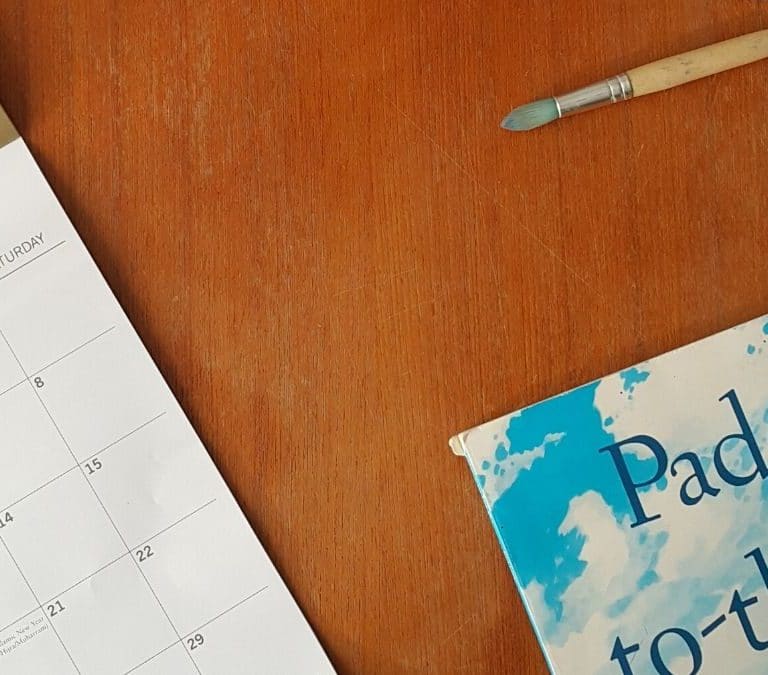
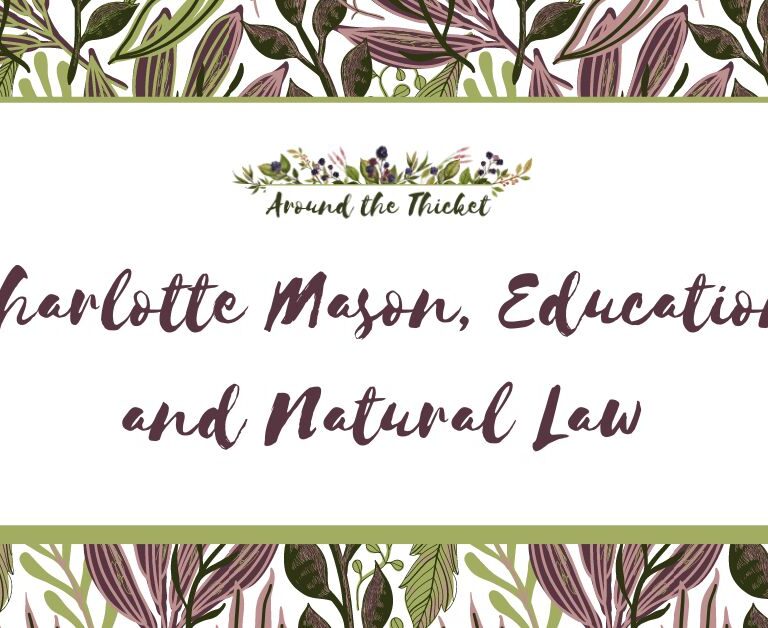
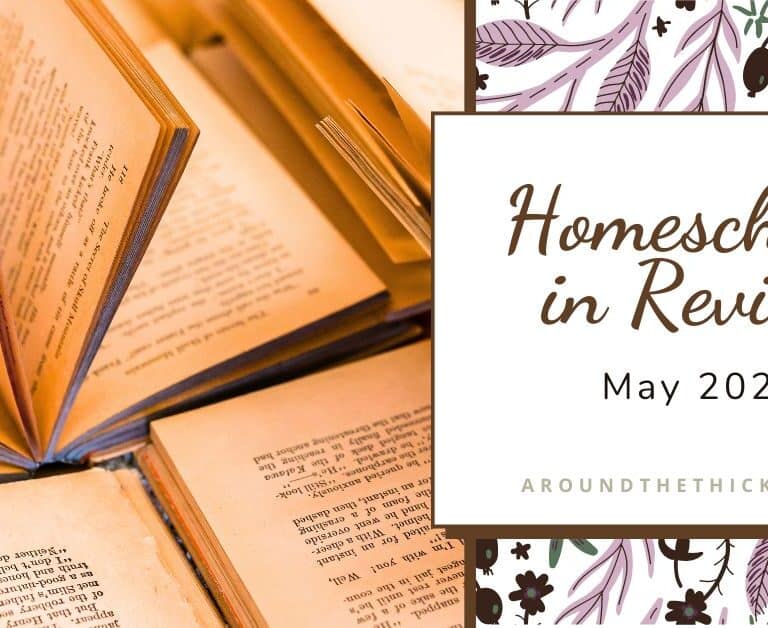
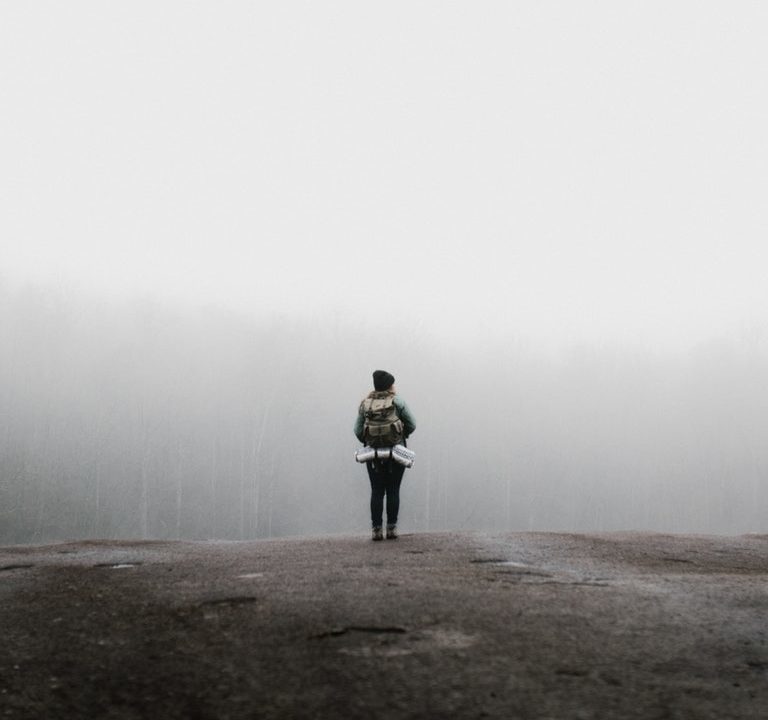
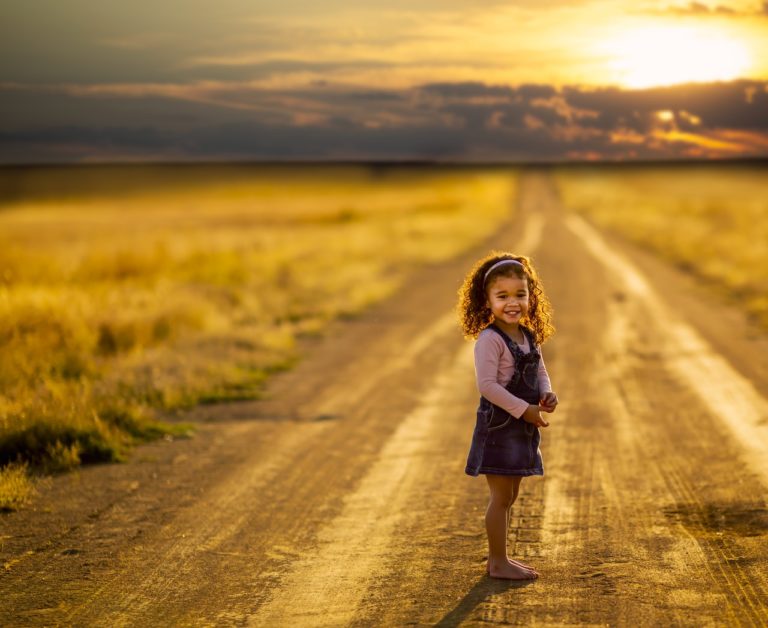
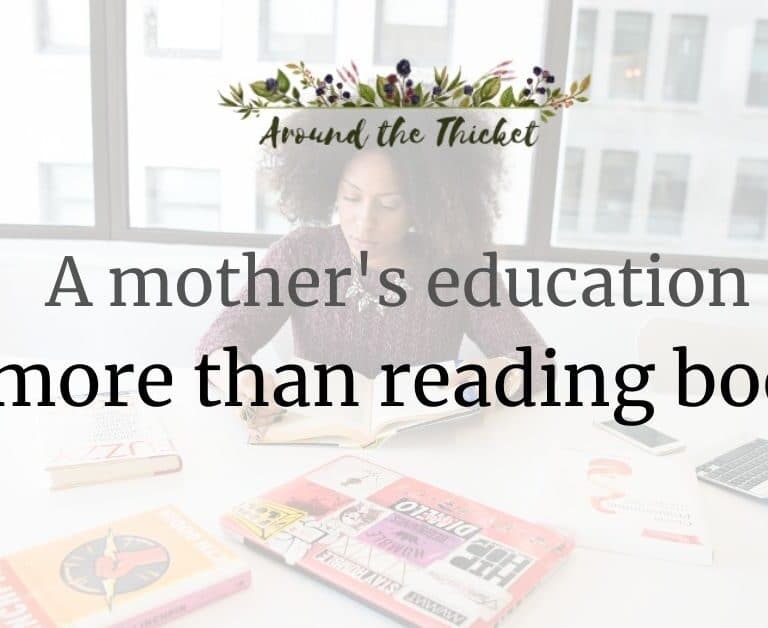
5 Comments